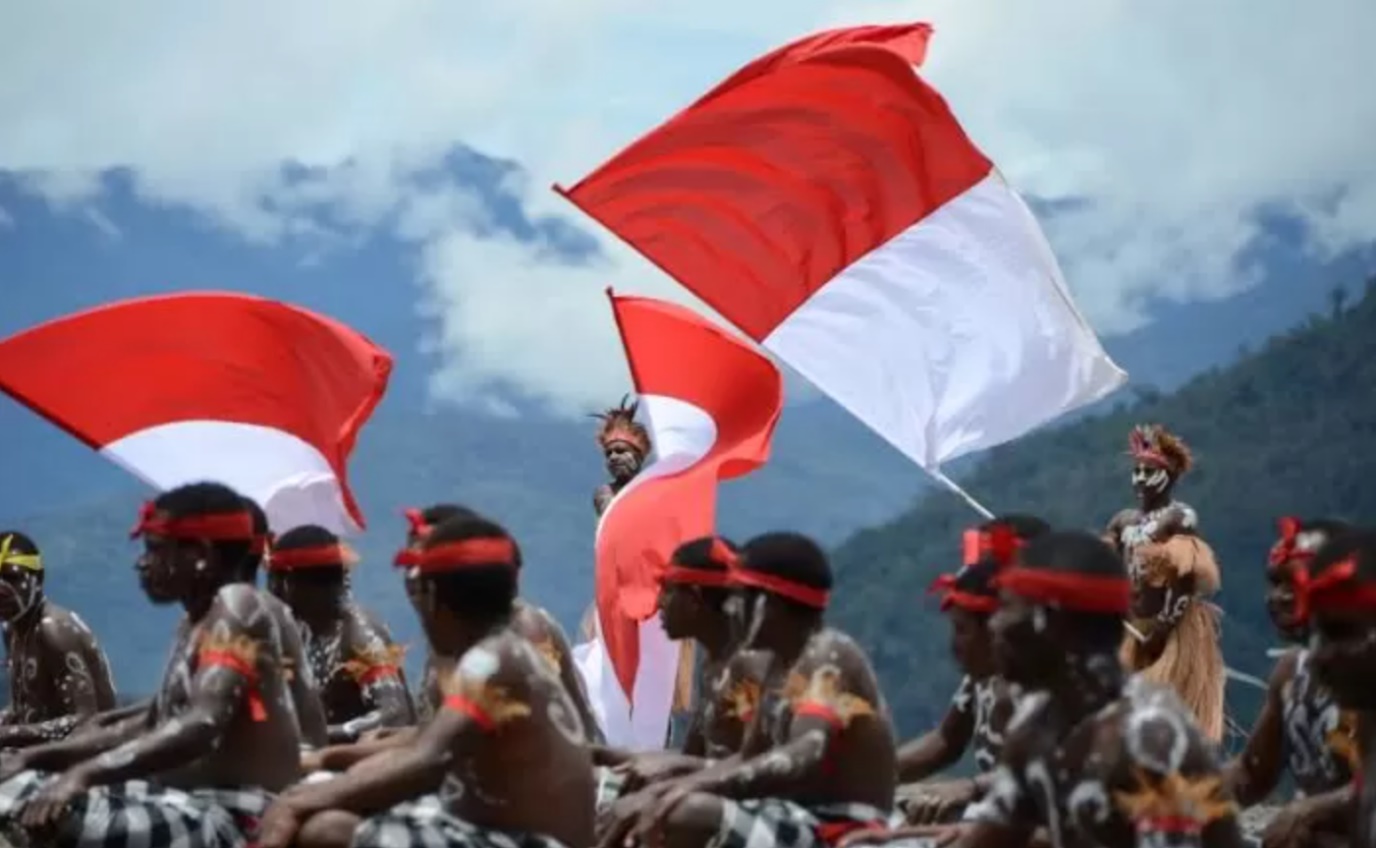When we hear the word “colonialism,” what comes to mind? Simply put, colonialism refers to a situation where a nation or group exerts control, exploits, and deprives the rights of another territory or community without granting equal opportunities. This term carries a negative connotation, symbolizing oppression, the loss of sovereignty, and the destruction of local culture.
But can this term be applied indiscriminately to every situation? Let us reflect together.
Colonialism in a Global Context: Palestine and Israel
A clear example of colonialism today is the situation faced by Palestine. Palestinians have lost their land due to Israeli occupation. Many are forced to leave their homes, and their access to education, healthcare, and even clean water is severely restricted. In certain areas, Palestinian children struggle to access basic education because of territorial restrictions, militarization, and systemic discrimination.
Does the Indonesian government do the same to Papua? Let us examine this.
How Does Indonesia Treat Papua?
1. Does the Indonesian Government Prevent Papuan Children from Going to School?
No. On the contrary, the government promotes educational infrastructure development in Papua. Many scholarship programs are specifically designed for Papuan children, allowing them to study up to higher education levels, both domestically and internationally.
2. Are Papuans Denied Their Basic Rights?
Since Papua became part of Indonesia, various efforts have been made to improve the quality of life in the region, such as the Special Autonomy program, which provides significant funding for development. While results are not yet perfect, these efforts continue to ensure that every Papuan has access to proper resources.
3. Is Papuan Culture Being Erased?
No. On the contrary, Papuan culture is preserved through various cultural festivals, support for traditional arts, and recognition of local identity. Papuan music, dances, and art are even showcased nationally and internationally.
Reflection: What Does Colonialism Truly Mean?
If we consider true colonialism, as seen in Palestine, it involves systematic oppression, discrimination, and the denial of rights. In the context of Indonesia and Papua, although challenges remain, the government’s intention is to address inequalities and make Papua an equal part of the Indonesian family.
Perhaps what is needed now is more open dialogue, mutual understanding, and collective efforts to address ongoing issues. Through this approach, Papua can experience the benefits of development without feeling marginalized or overlooked.
Will we continue to build together, or will we choose division due to misunderstandings of history and reality? The choice is in our hands.










